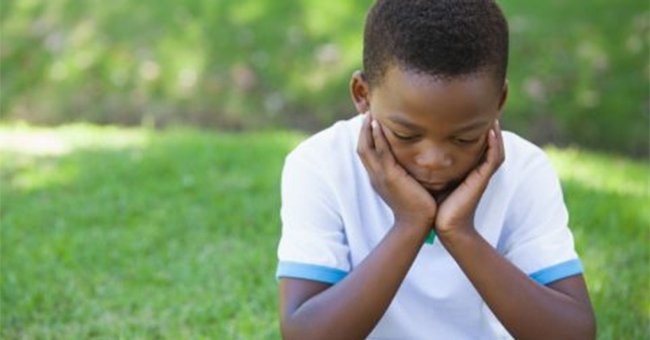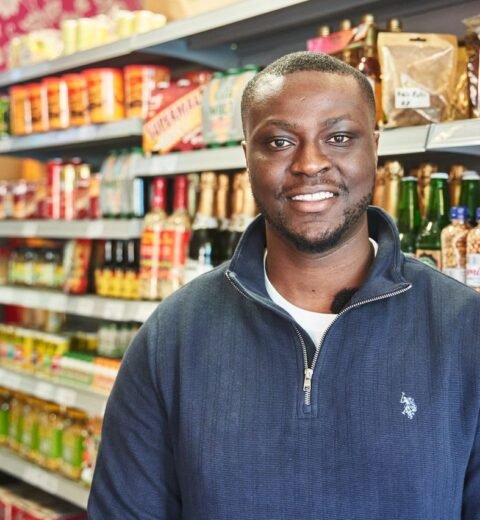Leading child doctors in the UK don drop their support for a total ban on Ifọ́tí àbárà (smacking) children, saying there’s no solid evidence that it helps children’s well-being. Right now, smacking is only illegal in England unless it’s deemed a “reasonable punishment.”
The Royal College of Paediatrics and Child Health (RCPCH) wants the law changed to completely remove this “reasonable punishment” defense. They’re pushing for it to be amended through Parliament.
But the Department for Education says no plans to change the law yet, though they’re still committed to making sure every child gets the best start in life.
Prof Andrew Rowland from RCPCH said, “It’s high time this old-school punishment gets tossed out.”
If enough Members of Parliament (MPs) support the amendment in the Children’s Wellbeing and Schools Bill, proposed by Labour MP Jess Asato in January, then smacking as a “reasonable punishment” will be totally banned.
Currently, the laws on Ifọ́tí àbárà differ across the UK. In Scotland and Wales, corporal punishment is banned, but in England and Northern Ireland, the “reasonable punishment” defense still stands.
The defense is part of the Children Act 2004, but smacking has been allowed since 1860. Scotland banned it in November 2020, followed by Wales in March 2022.
Prof Rowland pointed out that 67 countries have already banned Ifọ́tí àbárà, with another 20 pledging to follow suit.
The government says they’re “watching closely” what’s happening in Scotland and Wales but have no immediate plans for a nationwide ban.
Some parents in Greater Manchester said they’re against Ifọ́tí àbárà but unsure if the government should get involved. Mum Leanne Casey said, “Parents should discipline as they see fit,” but if a ban is needed, she’s okay with it. Dad Oli Harrison agreed that a ban would “probably be beneficial” to avoid confusion.
Prof Rowland also emphasized that physical punishment harms children’s health, with no evidence to show that it has any positive impact.
The call for a ban intensified after the tragic death of 10-year-old Sara Sharif, who was murdered by her father and stepmother in August 2023. Before her death, her father claimed he had “legally punished” her, but the doctors argue that children punished physically face an increased risk of serious harm.
Other organizations like the National Society for the Prevention of Cruelty to Children (NSPCC) also support the amendment, saying that Ifọ́tí àbárà is linked to depression, anxiety, and antisocial behavior.
However, not everyone agrees. Simon Calvert from Be Reasonable campaign group questioned whether even minor smacks, like tapping a child’s hand, could face criminal prosecution under the new law.
Barnardo’s CEO Lynn Perry said: “No violence against children is acceptable, yet children continue to have less legal protection from physical assault than adults.”
It’s clear the debate on Ifọ́tí àbárà in England is heating up. What do you think about the proposed ban?
Join Our WhatsApp Channel
Stay updated on the latest UK news, including education, health, job openings, and more for those living in the UK!
Join here: Naija UK Channel
Also, follow us on our social media channels for the latest updates and discussions:
- Twitter: @NaijaUKConnect
- Facebook: Naija UK Connect
- Instagram: @naijaukconnect





That’s why the crime rate is exponential. No form of discipline. Kids act like they are demigods.
Feel free to join for more updates: https://www.whatsapp.com/channel/0029VasSEmu2ER6hpgxlyh3n📲